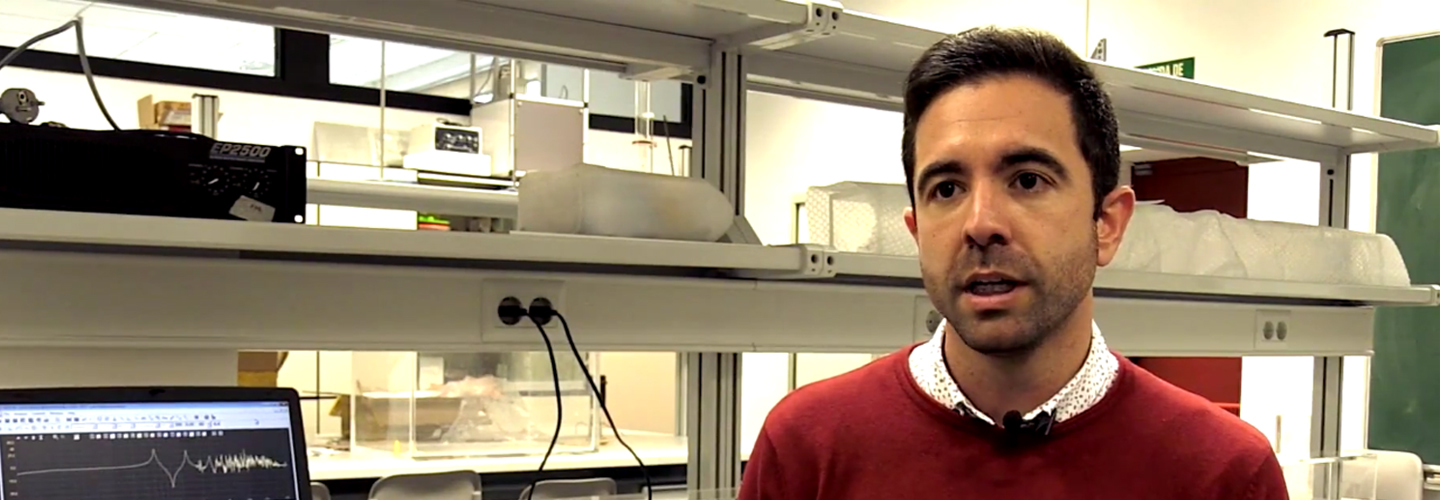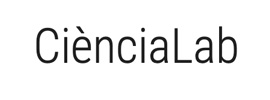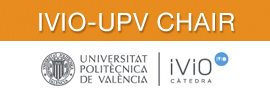Iván Herrero Durá, doctoral student Campus Gandia of the UPV, is to carry out part of his research at the technical center of the European Space Agency (ESA) in the Netherlands, thanks to an agreement signed between the UPV and the ESA as part of the Networking / Partnering Initiative (NPI). The aim is to study new methods to reduce the rocket noise at the launch bases.
The young engineer will join a project being carried out by UPV researchers from the IGIC and IUMPA, alongside the European Space Research and Technology Centre in the Netherlands, as well as companies in the space sector.
VIBRATIONS THAT HARM ON-BOARD INSTRUMENTS
“The noise produced by a rocket at takeoff is thundering, so much so that these vibrations seriously harm the instruments on board, and may even put the mission at risk, with the consequent risk (also economic) that it entails. Therefore, the main objective of the project is to significantly reduce the noise generated in the early launch stages,” said Iván Herrero.
Rubén Picó, research scientist at the IGIC, also adds that the project will specifically focus on the characterization of sound reflection and absorption by means of devices used to reduce noises that occur in the shuttles.
SOUND LEVELS ONLY SURPASSED BY CERTAIN EARTHQUAKES
“A space rocket launch can generate sound pressure levels (SPL) of over 150 dB at certain frequencies. This is the highest sound level of any event produced by humans, only surpassed by certain natural events such as earthquakes,” according to Rubén Picó.
The project started with a proof of concept, ie, laboratory scale experiments of the systems to be studied. Among these systems are sound crystals, resonant systems or water injection systems.
“After studying the various options, a large-scale proposal will be made for the devices offering the best results in order to ultimately choose the one that offers the most noise reduction at the launch base,” says Rubén Picó.
ABOUT THE NPI GRANTS
The Networking/Partnering Initiative program is co-funded by prestigious universities and research institutes in advanced technologies with potential space applications, as well as the ESA.
“The goal is to promote greater interaction between the ESA, European universities, research institutes and industry. The NPI program offers an important opportunity for the space sector to take advantage of potential innovations in new technologies for non-space sectors such as acoustics,” says Picó.











